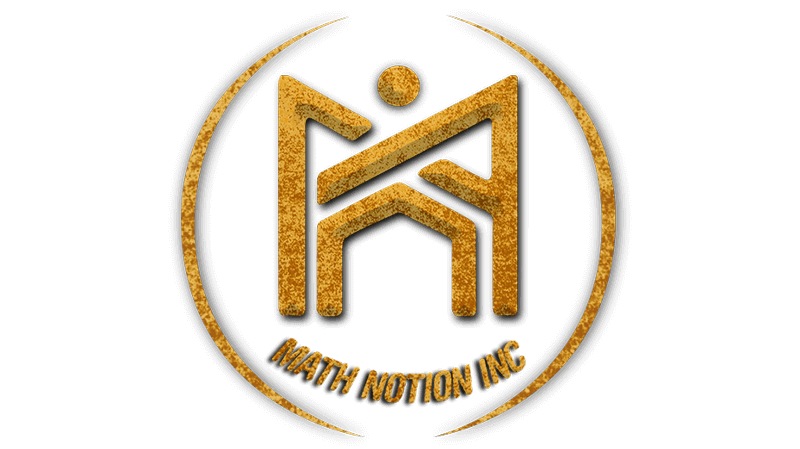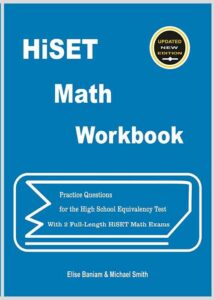
Study Time: 2minutes
What is a Good HiSET Score?
Understanding what constitutes a good HiSET score is crucial for achieving this goal and assessing your academic proficiency. The High School Equivalency Test (HiSET) is a popular option for those seeking to earn their high school equivalency credential. This article provides an overview of HiSET scoring, the minimum passing scores, and how to interpret your results to ensure success.
Understanding HiSET Scoring
The HiSET is designed to measure the academic knowledge and skills equivalent to those of a high school graduate. It covers five subject areas: Language Arts – Reading, Language Arts – Writing, Mathematics, Science, and Social Studies. Achieving a good score on the HiSET can open doors to further education and improved career opportunities.
Scoring Scale
Each of the five HiSET subtests is scored on a scale from 0 to 20. Your total score is the sum of your highest scores on each of the five subtests, resulting in a range from 0 to 100.
Minimum Passing Scores
To pass the HiSET, you must meet the following minimum score requirements:
- Score at least 8 out of 20 on each of the five subtests.
- Achieve a total combined score of at least 45 out of 100.
- Score at least 2 out of 6 on the essay portion of the Writing subtest.
These scores demonstrate that you have the knowledge and skills equivalent to those of a high school graduate.
What is Considered a Good HiSET Score?
Passing with Higher Scores
While the minimum passing scores are sufficient to earn your high school equivalency credential, scoring higher can provide additional benefits. A good HiSET score is generally considered to be:
- 12 or higher on each subtest
- A combined total score of 60 or above
Achieving these scores indicates a strong grasp of high school-level material and can enhance your college applications and job prospects.
Interpreting Your HiSET Scores
Score Reports
Your HiSET score report will provide detailed information about your performance on each subtest. In addition to your raw scores, the report includes percentile ranks, which show how your scores compare to those of recent high school graduates.
Percentile Ranks
Percentile ranks range from 1 to 99 and indicate the percentage of test-takers who scored below your level. For example, scoring in the 75th percentile means you scored higher than 75% of the reference group.
Using Scores for Educational and Career Goals
Further Education
Higher HiSET scores can strengthen your applications for colleges, universities, and vocational training programs. Many educational institutions consider HiSET scores as part of their admissions process, so achieving scores above the minimum requirements can improve your chances of acceptance.
Job Opportunities
Employers often view HiSET scores as an indicator of academic proficiency and readiness for the workforce. Higher scores can make you a more competitive candidate for job opportunities, demonstrating your knowledge and skills.
Preparation Strategies for a Good HiSET Score
Understand the Test Format
Familiarize yourself with the structure and content of the HiSET. Knowing what to expect can reduce anxiety and improve your performance on test day.
Use Quality Study Materials
Invest in reputable study guides and practice tests. Resources such as the “HiSET Exam Prep” by Kaplan and official HiSET practice tests provide comprehensive review and test-taking strategies.
Focus on Weak Areas
Identify your strengths and weaknesses through diagnostic tests. Spend extra time reviewing and practicing the areas where you need improvement.
Develop Test-Taking Strategies
Effective test-taking strategies, such as time management, educated guessing, and process of elimination, can enhance your performance. Practice these strategies during your preparation.
Seek Support
Consider joining study groups or seeking guidance from teachers or mentors who have experience with the HiSET. Sharing experiences and tips can provide valuable insights and boost your preparation efforts.
FAQs
What are the minimum passing scores for the HiSET?
To pass the HiSET, you need at least 8 out of 20 on each subtest, a combined total score of at least 45 out of 100, and a minimum score of 2 out of 6 on the essay portion of the Writing subtest.
What is considered a good HiSET score?
A good HiSET score is generally considered 12 or higher on each subtest and a combined total score of 60 or above. These scores indicate a strong grasp of high school-level material.
How can higher HiSET scores benefit me?
Higher HiSET scores can strengthen your applications for colleges, universities, and vocational training programs. They can also make you a more competitive candidate for job opportunities, demonstrating your academic proficiency and readiness for the workforce.
How can I prepare effectively for the HiSET?
To prepare effectively, understand the test format, use quality study materials, focus on weak areas, develop test-taking strategies, and seek support from study groups or mentors.
What resources are recommended for HiSET preparation?
Recommended resources include the “HiSET Exam Prep” by Kaplan, official HiSET practice tests, and other reputable study guides and practice materials. These resources provide comprehensive reviews and effective test-taking strategies.
How does percentile rank on the HiSET score report work?
Percentile ranks range from 1 to 99 and indicate the percentage of test-takers who scored below your level. For example, a score in the 75th percentile means you scored higher than 75% of the reference group.
Achieving a good HiSET score is essential for earning your high school equivalency credential and opening up further educational and career opportunities. Understanding the scoring system, focusing on key areas, and preparing effectively can significantly enhance your performance. With dedication and the right approach, you can achieve a score that sets you on the path to success.





